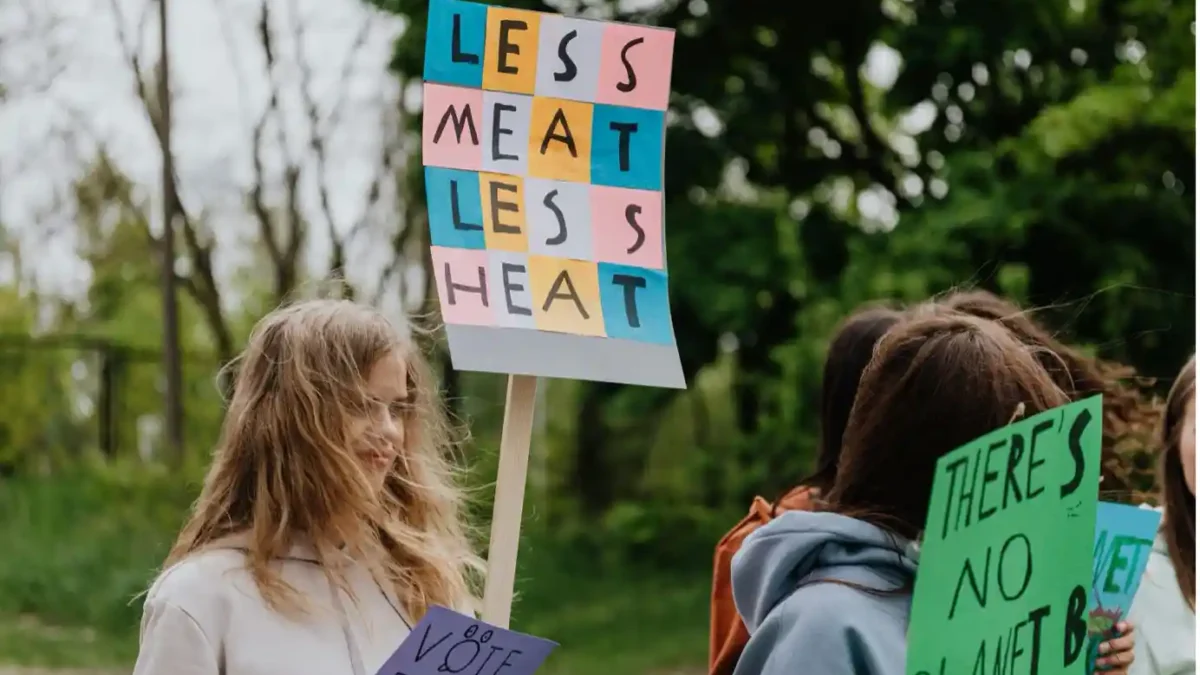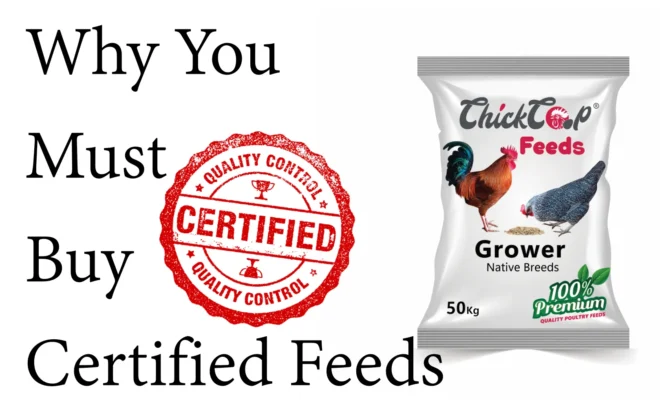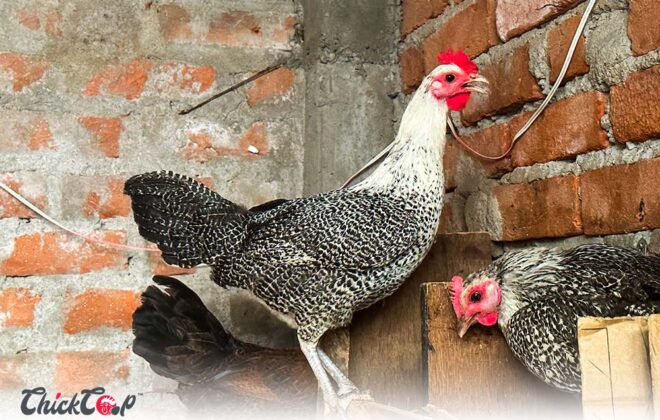
Tyranny of Vegans & Vegetarians; Let’s Talk Solutions.
Food is one of the most personal choices we make every day. It shapes culture, builds community, and even defines our identity. Yet, in the 21st century, food has also become one of the most divisive topics across the globe. Vegans, vegetarians, and non-vegetarians often clash—not just at the dinner table, but in public protests, politics, and even business. This growing divide has led many to question: *at what point does the freedom of choice turn into the tyranny of one group over another?*
Understanding the Basics
Before we explore the conflicts, let’s clarify the three categories of dietary lifestyles:
- Vegan:
A vegan avoids all animal-derived foods and products, surviving solely on plants. This includes rejecting meat, eggs, dairy, honey, and even products like leather or wool.
- Vegetarian:
A vegetarian primarily consumes plant-based foods but includes dairy products such as milk, curd, cheese, or butter. They avoid meat and fish but do not completely reject all animal by-products.
- Non-Vegetarian:
A non-vegetarian consumes meat, fish, eggs, and plant foods, often relying on a balanced mix of animal and plant sources.
On the surface, these are just dietary preferences. But the tensions between these groups often spill over into society in more confrontational ways.
When Food Choices Turn Into Protests
Across the world, vegans and vegetarians have moved beyond dietary preference into activism—sometimes aggressive activism. In India, protests often erupt around the slaughter of cows, driven by religious and cultural beliefs within the Hindu community. These protests frequently create friction with Muslim communities where beef consumption is part of tradition.
In Western countries, activism has taken a different shape. In Europe, North America, and Australia, vegan groups have staged protests in restaurants, supermarkets, and outside slaughterhouses. One widely publicized incident occurred in Perth, Australia, where a young woman disrupted a restaurant to protest pig slaughter practices involving carbon dioxide. Similar protests have been reported in the UK, Germany, and the US, sometimes leaving local businesses scrambling to recover from negative publicity or lost customers.
For business owners, especially those in the food and hospitality sector, such protests can feel less like a moral debate and more like economic bullying.
The Philosophical Roots of the Debate
Food has fascinated philosophers for centuries. It’s more than just fuel for the body—it carries moral, cultural, and even political significance. In *The Philosophy of Food* (2012), David M. Kaplan highlights how fundamental questions about food intersect with ethics, aesthetics, politics, and even metaphysics.
Veganism, in particular, has grown from being a niche lifestyle to a philosophical movement. By rejecting animal products, vegans argue they are resisting the commodification of animals, challenging the ethics of factory farming, and embracing environmental sustainability. By 2015, the European Parliament even standardized the use of the term “vegan” on food labels, cementing veganism as a mainstream identity.
This philosophical grounding has given veganism legitimacy, but it has also made the movement more militant in its rhetoric and activism. For many non-vegetarians, this feels less like a choice and more like an ideological imposition.
The Hidden Tyranny
The tyranny of vegans and vegetarians doesn’t necessarily lie in their food choices—it lies in how those choices are imposed on others. Whether it’s public shaming at restaurants, aggressive protests in markets, or campaigns to ban certain foods, the underlying message is often the same: *your way of eating is wrong, and ours is morally superior.*
This creates tension at multiple levels:
- Cultural: In India, food taboos have become flashpoints for inter-religious conflict.
- Economic: Restaurants, farms, and small food businesses often suffer financial losses due to protests and boycotts.
- Personal Freedom: Individuals feel their dietary choices are under attack, creating resentment rather than dialogue.
Freedom of choice in diet should apply equally—whether one is vegan, vegetarian, or non-vegetarian. When one group asserts dominance, it begins to resemble tyranny rather than advocacy.
Finding Balance in the Debate
The real solution lies in respect and balance. Yes, veganism raises valid concerns about animal welfare and sustainability. Yes, vegetarianism has deep cultural and religious significance. And yes, non-vegetarians have every right to choose their diet based on their nutritional needs, traditions, or preferences.
The problem arises when debate shifts into hostility. Instead of conversations, we see confrontations. Instead of awareness campaigns, we see disruptive protests. Instead of choice, we see pressure.
Food should bring people together, not tear them apart. Dialogue, not division, must be the way forward.
Final Thoughts
The tyranny of vegans and vegetarians is not about what they eat—it’s about how their activism sometimes infringes on the freedoms and livelihoods of others. Everyone deserves the right to their plate without judgment or interference. After all, the dinner table should be a place of nourishment and unity, not a battleground.
If you’re a farmer, food entrepreneur, or simply someone passionate about fair food practices, we’d love to hear your thoughts. How has this debate affected your business or personal life?
At ChickCoop®, we’re more than just a Chicken Company, writing interesting blogs about them– we’re your trusted partner in building a modernized, sustainable and profitable farm. From breed selection to buy-back support, feed guidance, and modern farm management tips, we ensure farmers like you achieve the best results and profits.
Call us today to discuss your farming needs
üìß Email us at: write@chickcoop.in
üìû Call us: +91-9939209699
Call us today to start the conversation. Your voice matters, and together we can shape a more balanced food future.¬Ý


